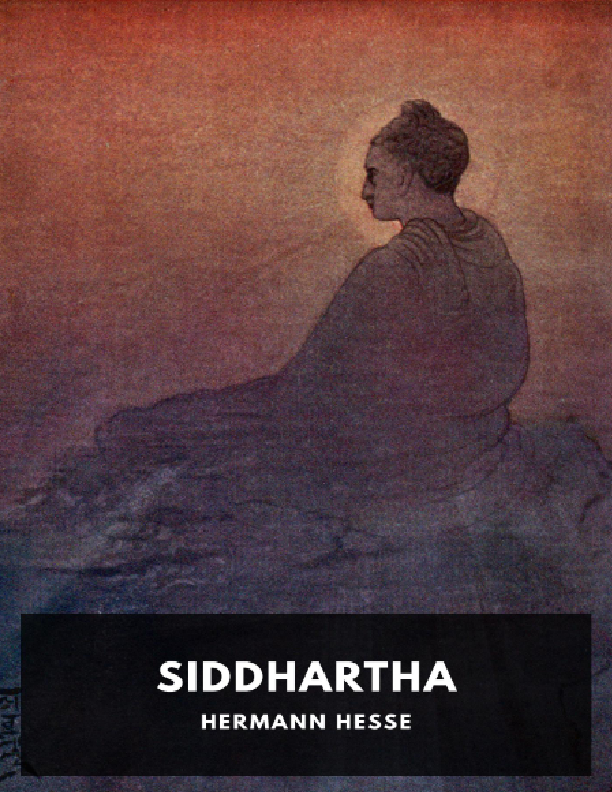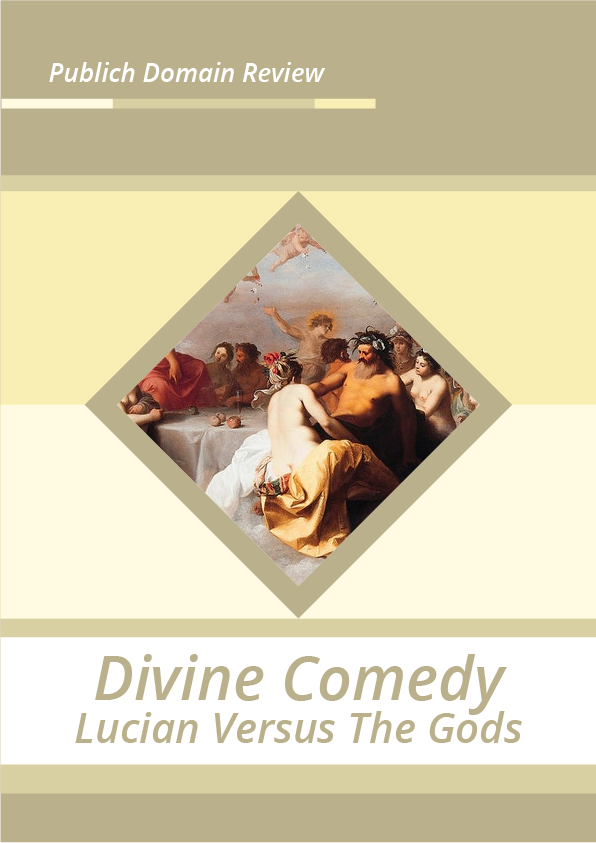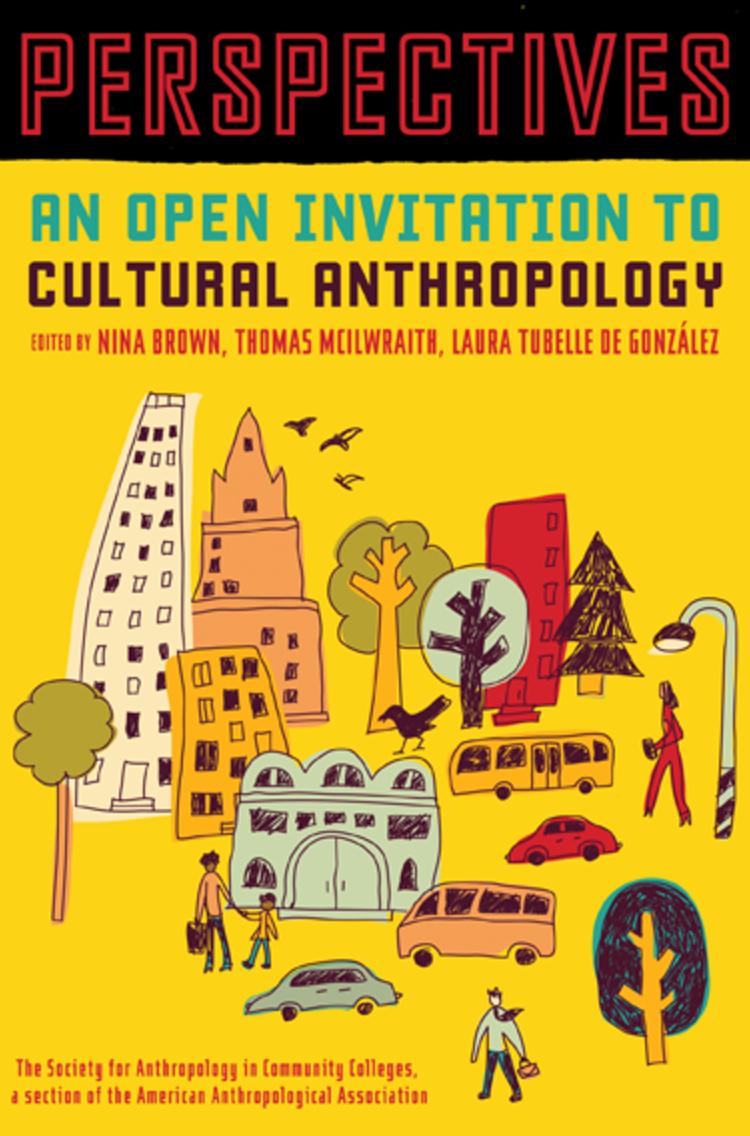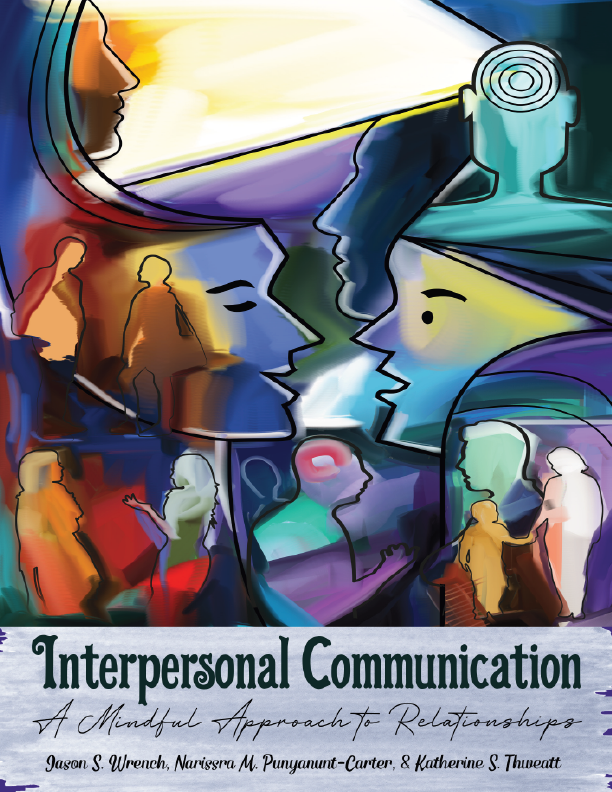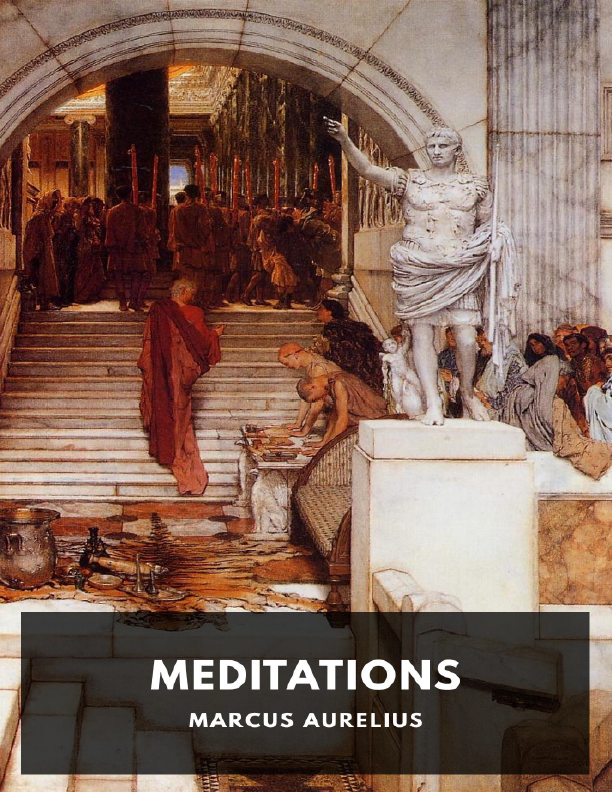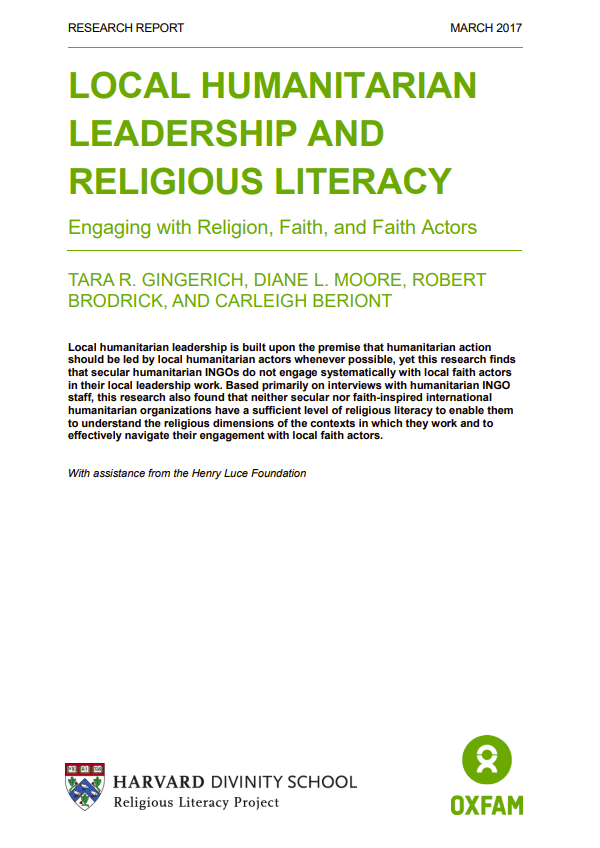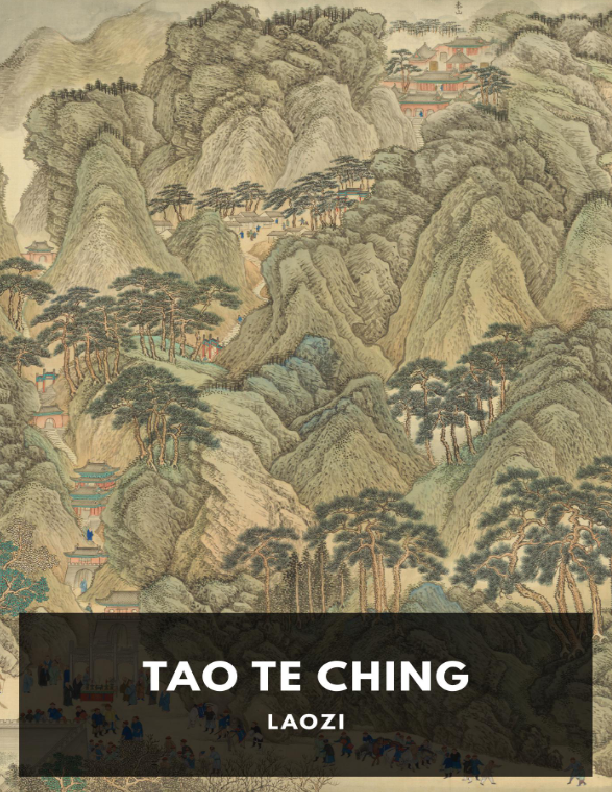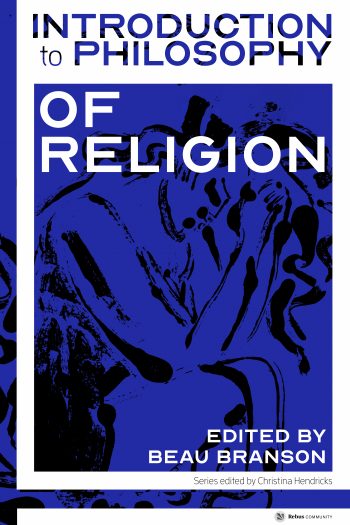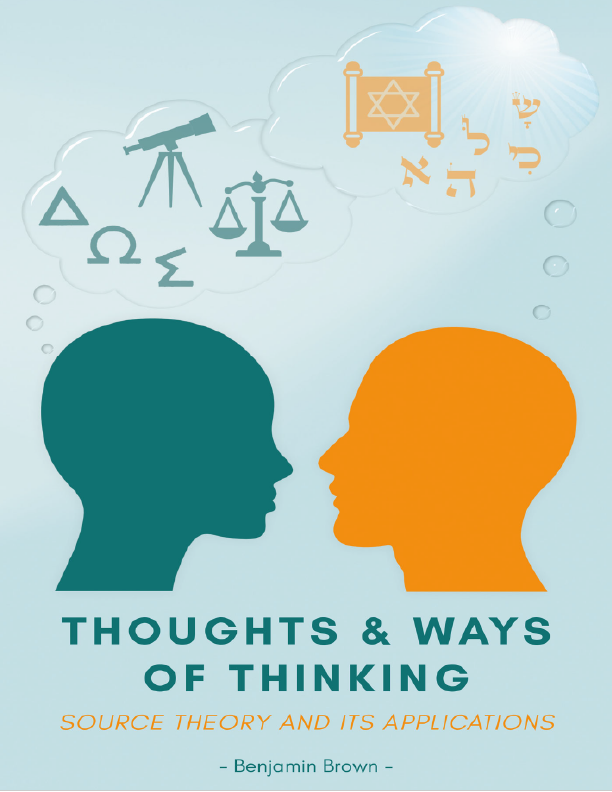Hermann Hesse wrote Siddhartha during a period in his life in which he suffered what he described as a “sickness with life.” He claimed to be unable to complete the book because he had not experienced the kind of nirvana that Siddhartha, the main character, wants to achieve—so Hesse surrounded himself with sacred Buddhist and Hindu teachings and lived as a recluse in order to complete this work.
Siddhartha is a short, simple tale of a man’s quest to achieve enlightenment and happiness. Over twelve short chapters the reader follows Siddhartha through his time as a young adult, to his exploration of spirituality as a traveling ascetic, to his delvings in lust, business, and greed, to his time as an old man. At each stage of his life Siddhartha yearns for nirvana, finally achieving it only after realizing that it’s all of life’s experiences that form it, not the teachings of any one man.
Today Siddhartha remains an influential text in new Western spirituality.
THE SON OF THE BRAHMIN
In the shade of the house, in the sunshine of the riverbank near the boats, in the shade of the Sal-wood forest, in the shade of the fig tree is where Siddhartha grew up, the handsome son of the Brahmin, the young falcon, together with his friend Govinda, son of a Brahmin. The sun tanned his light shoulders by the banks of the river when bathing, performing the sacred ablutions, the sacred offerings. In the mango grove, shade poured into his black eyes, when playing as a boy, when his mother sang, when the sacred offerings were made, when his father, the scholar, taught him, when the wise men talked. For a long time, Siddhartha had been partaking in the discussions of the wise men, practising debate with Govinda, practising with Govinda the art of reflection, the service of meditation. He already knew how to speak the Om silently, the word of words, to speak it silently into himself while inhaling, to speak it silently out of himself while exhaling, with all the concentration of his soul, the forehead surrounded by the glow of the clear- thinking spirit. He already knew to feel Atman in the depths of his being, indestructible, one with the universe.
